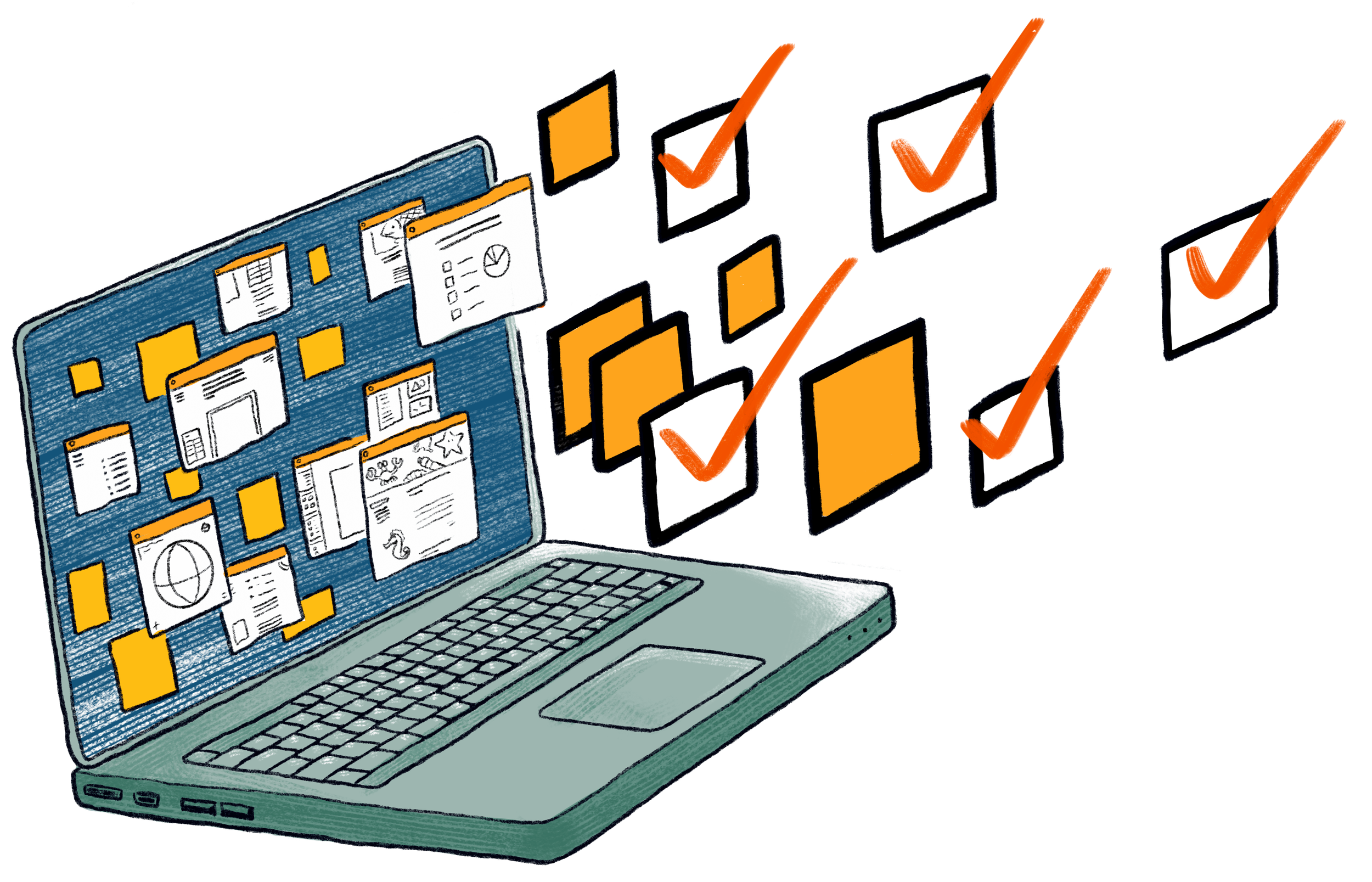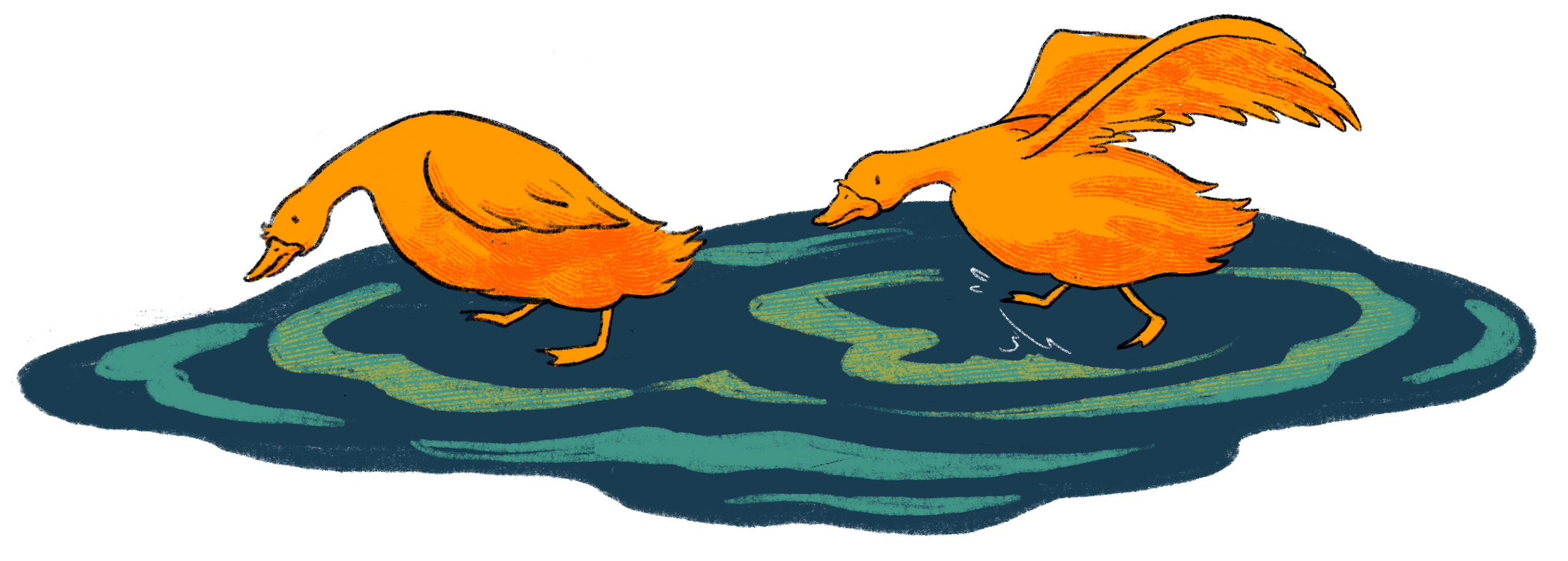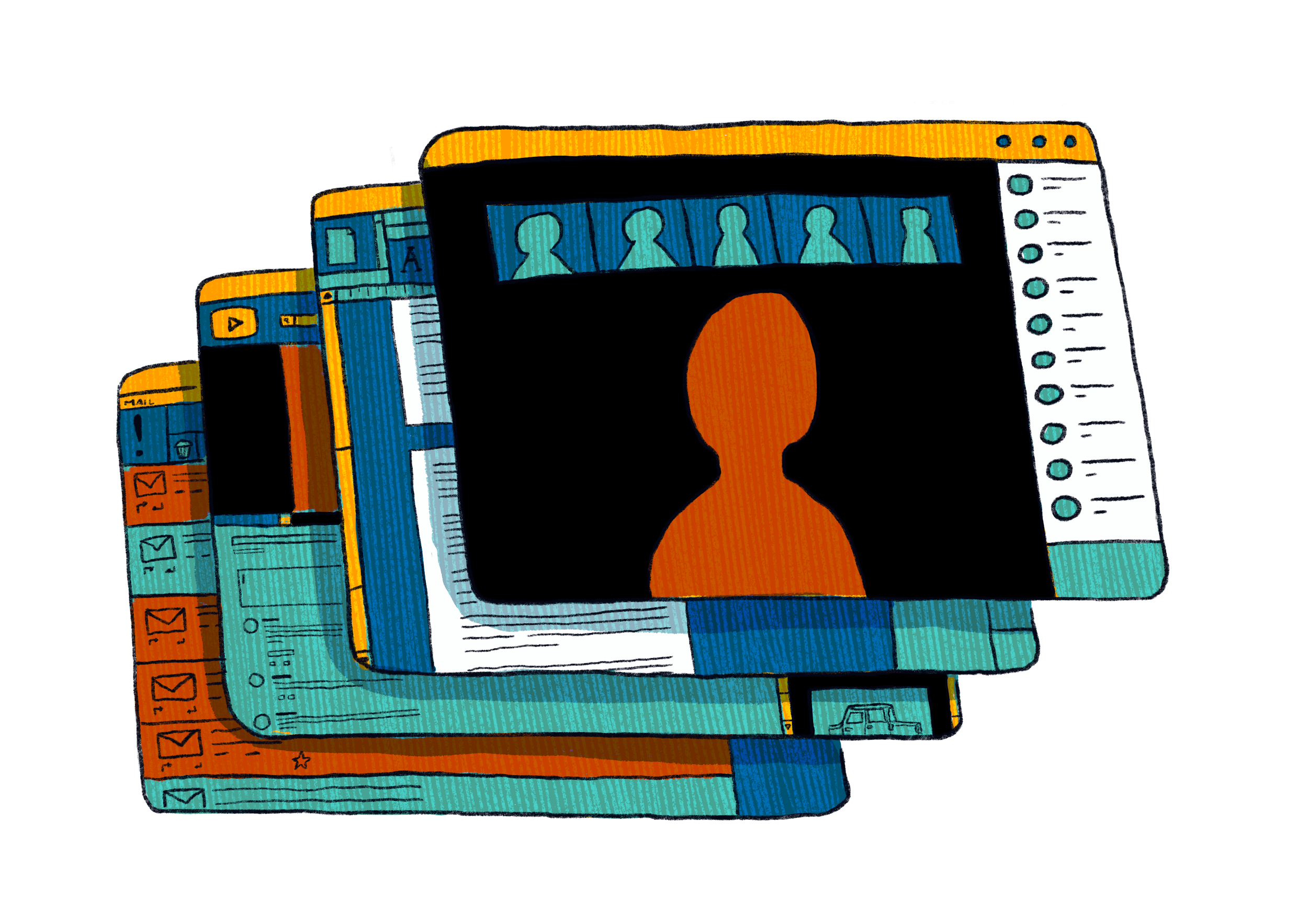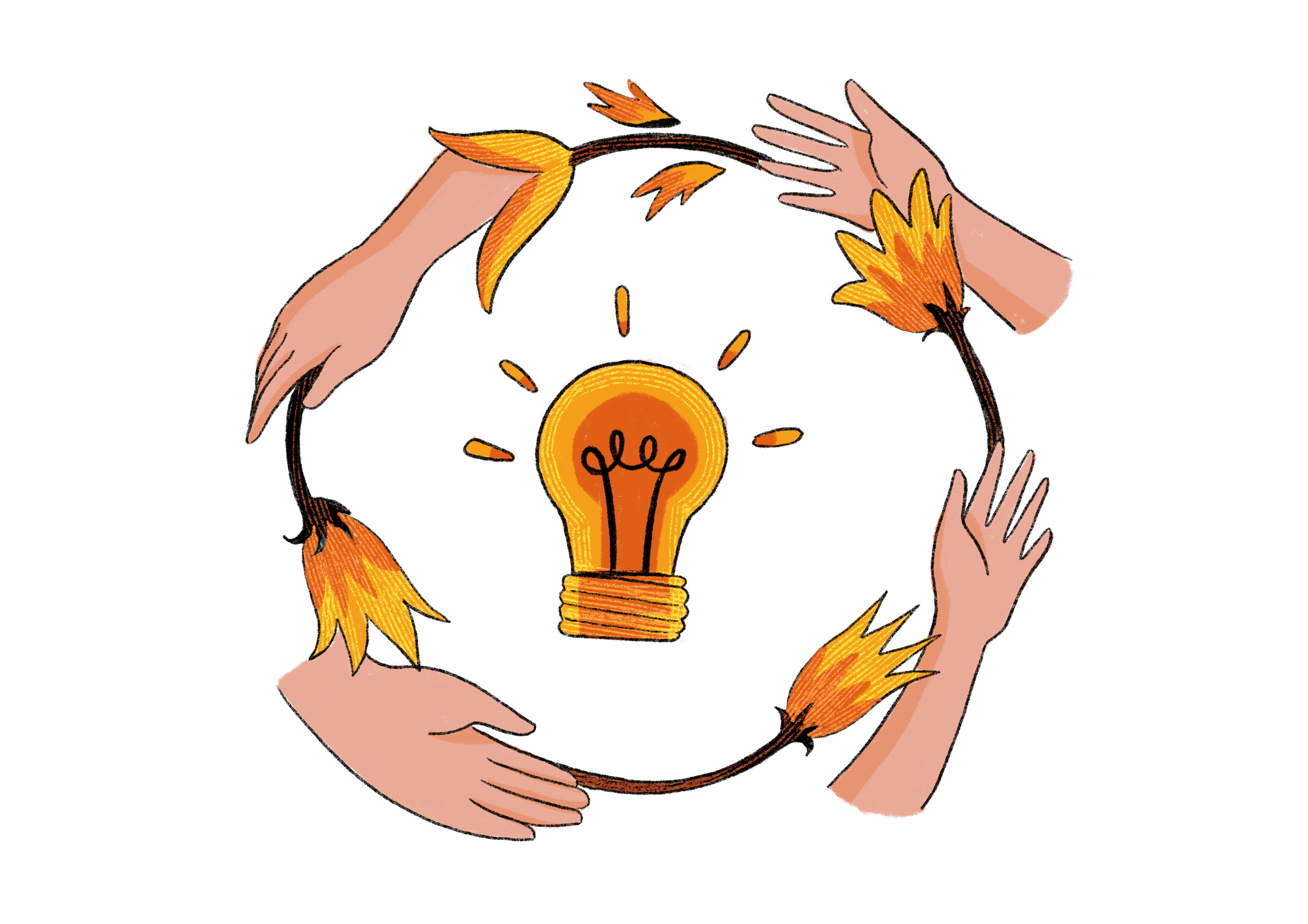Title?
Dawn Nafus
American pop psychology has made into a truism the idea that people will forget what you said, and forget what you did, but people will never forget how you made them feel.[1] There might be something to the cliche. Middle age has me thinking more and more about what is worthwhile. Why I bother at all. I cannot say hand on heart that the mountains of busywork I have accomplished over the last few years—the urgencies, have-to-do’s, and can-you-just’s—have actually mattered.
These mountains contain within them the cruel optimism that someday, maybe next week or maybe three years from now, the blessed day will come where the performance art of modern professional life will all be done and the Accomplished Professional can focus on Real Work. Perhaps. At times it feels as if we are indulging in little pantomime where we make a show of pretending that what we are doing is somehow more than papering over fractured social systems that by any measure are so obviously crumbling, like a placid duck pretending its frantic feet are somehow moving it along. Some days I am willing to suspend my disbelief, some days less so.
On a week in December 2021, the mountains of busywork moved, because scholars whose work I have long admired did something beautifully unusual. The pandemic had forced a rethink of a typical academic symposium, and the organizers had taken the opportunity to think very hard indeed about what is worthwhile about gathering at all, and built a program around their answer. Instead of making the onstage work about nervously delivered papers, and keeping the relationship building offstage, the organizers reversed things.
Over four two-hour small group sessions, bookmarked by plenaries at the beginning and end, we had the sort of conversations that one hopes to have at the end of the symposium. It was the extended version of the good stuff that comes out in the bar afterwards. Each participant’s work was temporarily spotlighted, but in a conversational way that sustained and deepened further dialogue, defying the transmission model of paper delivery and reception. In my group at least there was a mix of old friends and new, and over the course of the week a care ethic of relations built up. It was the in-built care ethic that had the effect of clearing the dreaded calendar.
These were stretches of time when, unusually, I did not feel as if I were just on to the next thing, responding to this and that, or burdened by the outside voices pressuring the more, more, more. I sat, I listened, I shared in a joke or two, and had some things to contribute. I even found myself looking forward to my daily 8am two hour Zoom meeting, which out of context sounds like a direct route to a special circle of workplace hell.
The details have in fact receded from memory. As a responsible AI practitioner who has something of a say in decisions about releasing new technology, justice became a bigger part of my vocabulary in a context where it largely goes concerningly unsaid.[2] More importantly, though, what I learned is no amount of individualized, atomized “prioritization” gets us closer to whatever it is that matters to us. There always is time for thinking, creating, reflecting, and learning when care is present and socially organized. Even when things seem overwhelming, this is a gift that is in our power to give one another, as has been given to me.
[1] The quote is associated with Maya Angelou, though she might not have been the first to say it.
[2] More specifically, justice is mentioned more often than, say, rule of law, but less often than privacy or transparency.



